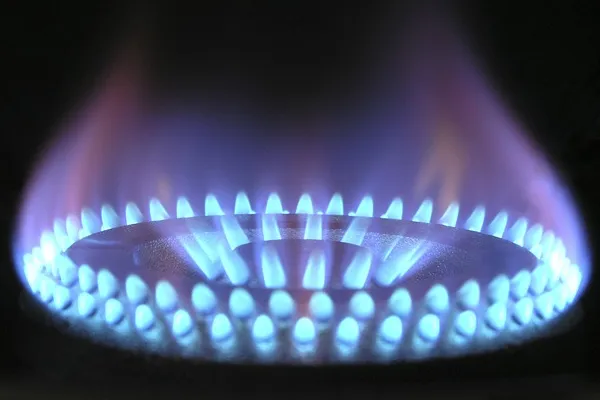Mar 14, 2025
In recent developments, the spot price of natural gas in the European Union witnessed a decline from $506 to $477 per 1,000 cubic meters in the first half of March, according to trading data from the Dutch TTF exchange. The decrease followed a peak of $665 per 1,000 cubic meters on February 10, influenced by stable industrial demand and the conclusion of the heating season. For further details, read the full report here.
This downward trend reversed course after the German Ministry of Economy announced its intention not to engage in negotiations with Russia regarding Nord Stream pipeline operations on March 4. This shift in policy has influenced American natural gas markets, where prices rose from $109 to $147 per 1,000 cubic meters during the same period, as per data from the New York Mercantile Exchange.
Industry analysts suggest that Germany’s decision to forgo Russian gas could sustain high import volumes from the United States. Notably, Scott Darling, Managing Director at Haitong International Securities, commented on how the European market’s elevated prices are likely to redirect Australian and Middle Eastern LNG supplies to the continent, impacting the Asian LNG market.
Meanwhile, Australia’s internal LNG pricing recorded a dip from $737 to $718 per ton in the initial weeks of March. Despite the current pricing scenarios, Rystad Energy forecasts indicate a potential cessation of Australian LNG exports by 2027, due to the exhaustion of offshore resources.
Although there has been a price rebound in the EU, analysts attribute this to temporary, non-market conditions influenced by geopolitical announcements rather than demand. With the heating season winding down, very significant further price hikes may be constrained. The primary industrial users in the metallurgy and chemical sectors are expected to mitigate any adverse impacts through increased seasonal production prompted by higher demand for construction and agricultural products.
In Ukraine, A. Petrenko, Executive Director of the Association of Gas Producers, noted that the elevated European gas prices could affect local markets, particularly industrial sectors, which rely on gas imports.
Source: IndexBox Market Intelligence Platform
